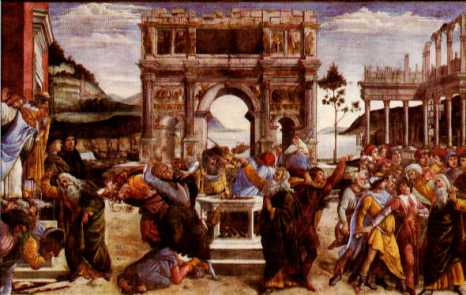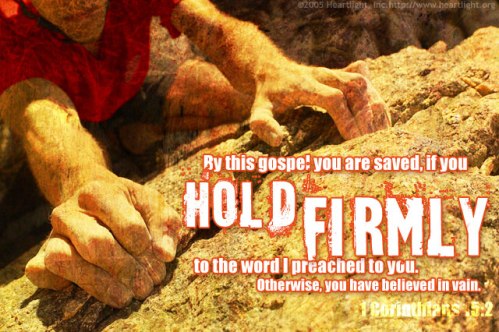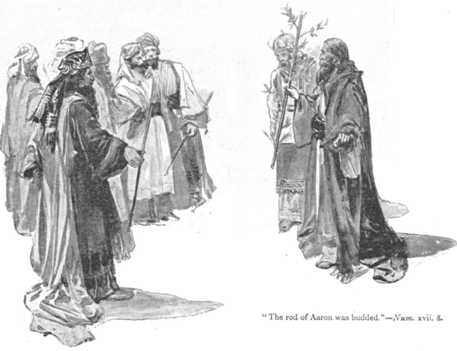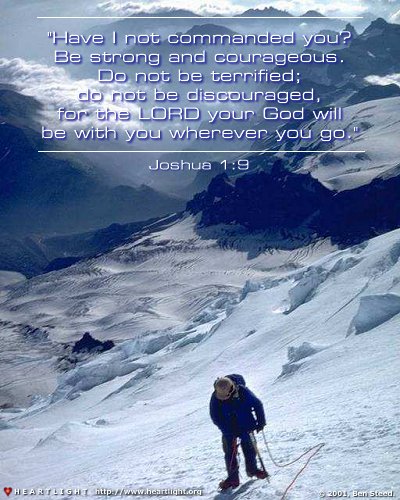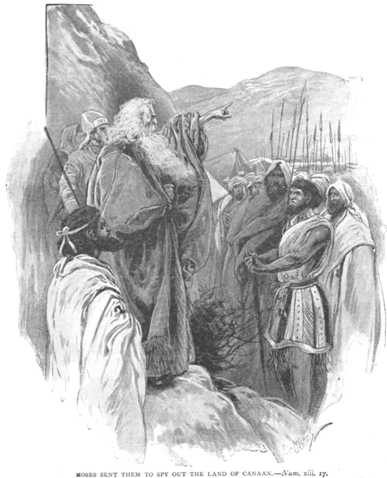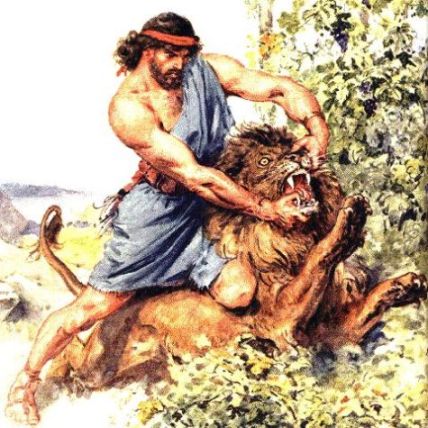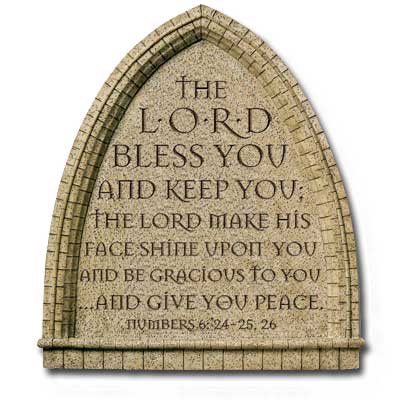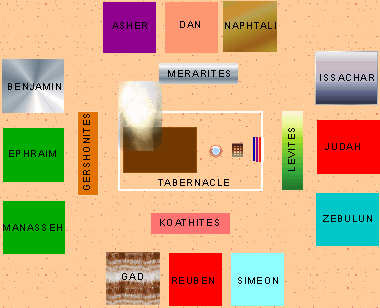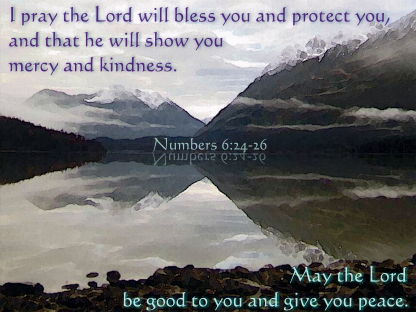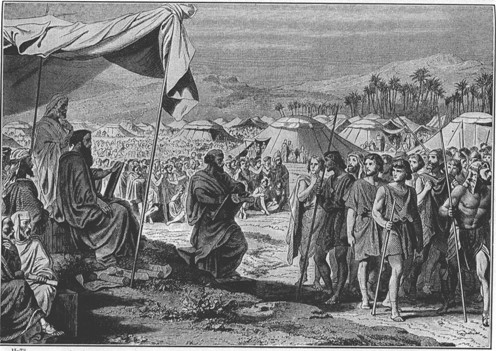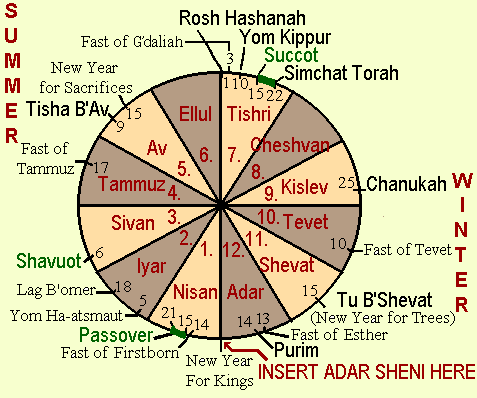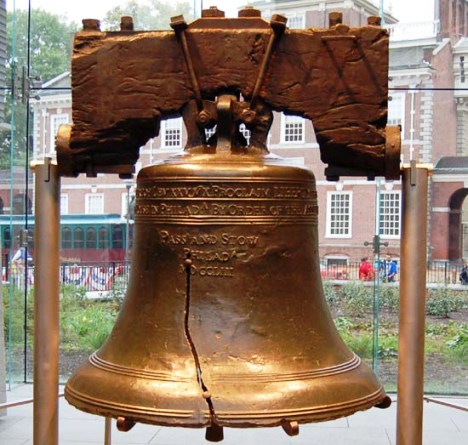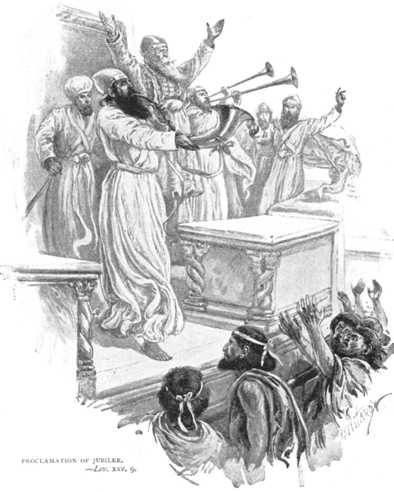Numbers 19:1-21:35
~ Click here to read today’s Scripture on Bible Gateway ~
~ Listen to today’s Scripture with The ESV Bible ~
Today in Numbers chapter 20 verse 12 we read about God pronouncing that Moses & Aaron would not enter the Promised Land – “But the LORD said to Moses and Aaron, “Because you did not trust me enough to demonstrate my holiness to the people of Israel, you will not lead them into the land I am giving them!”” Why did this happen? Well, it’s best to stick with Scripture – God says that Moses & Aaron did not trust God enough. They did not trust God enough to demonstrate his holiness to the people of Israel. Thus they will not lead them into the Promised Land. Where was the lack of trust? Go back to verse 8 and you’ll see God tell Moses to “command the rock” for water – command meaning verbally… then in verse 11 we see Moses strike the rock twice – not using the verbal command God instructed him on, but using an action. There also may have been a pride issue when Moses in verse 10 says “must we bring you water from this rock?” You’ll notice the little word WE – We being Moses & Aaron? -this is probably not the way to best recognize God for God bringing water out of the rock… It looks like Moses is taking credit. How about us in our lives today? Are there times when we disobey God’s direct commands to us? Are there times when we take credit for God’s work? Even if we generally follow God’s instructions – as Moses clearly does for the majority of his life – should we be on constant watch that we do not disobey God?
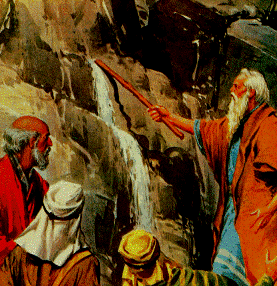
Worship Video: Today’s readings in Numbers 20 reminded me of Jeremy Camp’s song “Not Ashamed:”
https://www.youtube.com/watch?v=iHUNlFuWk7g
Are you ashamed? Click here for no more shame forevermore!
Please join us in memorizing and meditating on a verse of Scripture today: “But the LORD said to Moses and Aaron, ‘Because you did not trust in me enough to honor me as holy in the sight of the Israelites, you will not bring this community into the land I give them.’” Numbers 20:12 NIV
Prayer Point: Pray that you will always trust God wholeheartedly. Pray that you will always honor God for His holiness before all men.
Comments from You: What verses or insights stand out to you in today’s readings? Please post up by clicking on the “Comments” link below!
God bless,
Mike
p.s. Download our monthly Small Group study notes for our Chronological Bible readings at this link.
p.s. #2 – Download a schedule of our Chronological Bible readings for the year in PDF format at this link.
p.s. #3 – I would greatly appreciate it if you would pray for this Chronological Bible Blog ministry today! Please also consider partnering with us by financially supporting this ministry. Thank you!
